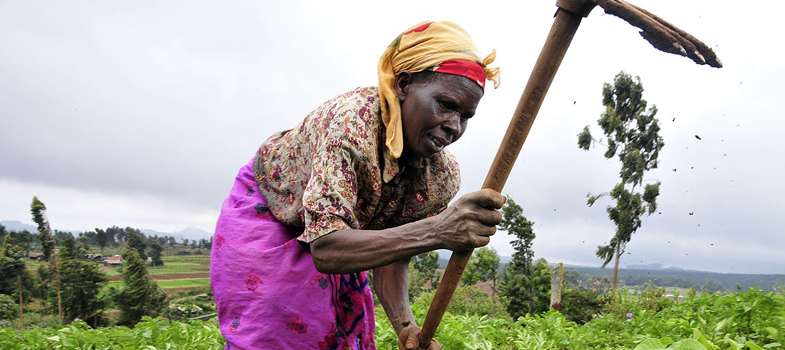3.2 Reflecting on resilience as a process
Although it is tempting to compare the two cases, that is quite hard to do because they have very different histories, are involved in different products with different challenges, and have had different amounts of external intervention. What comes through to me from studying these cases is that a co-operative and a co-operative union cannot stand still if it is to be resilient. This may apply to all businesses (indeed it does), however co-operatives have additional organisational demands because they are member-owned and they also have different potential for being resilient organisations for the same reason.
It is, however, important to remember that resilience is a process not a state. Contexts change, technologies change, market competitors change. Assembling the collective resources that co-operatives have at their disposal offers enormous potential, but that potential also requires a number of features, as outlined in the resilience framework.
You may have additional elements to add from your own experience of working in, or with, co-operatives.
3.1.2 Resilience and constraints in the case of TMCU
